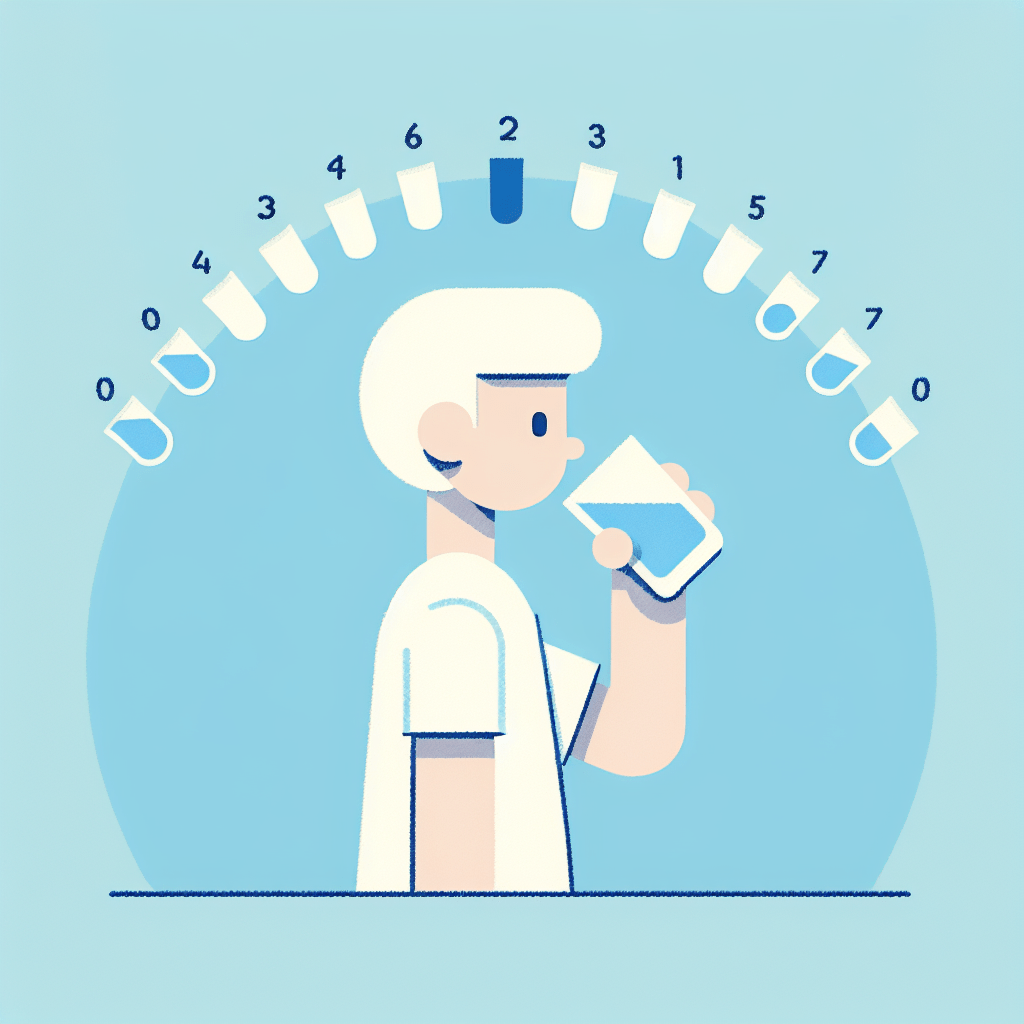how much water should you drink a day

How Much Water Should You Drink a Day?
Water is essential for life. It makes up about 60% of the human body and plays a critical role in nearly every bodily function. Yet, many people are unsure about how much water they should drink each day. This article delves into the science and recommendations behind daily water intake, providing you with a clear understanding of your hydration needs.
The Basic Guidelines
The most commonly cited guideline is the "8x8" rule, which suggests drinking eight 8-ounce glasses of water per day, totaling about 2 liters or half a gallon. This recommendation is easy to remember and a good starting point for most people. However, individual needs can vary significantly based on factors such as age, weight, activity level, and climate.
Factors Influencing Water Needs
Age and Gender: Children and elderly individuals have different hydration needs compared to adults. Men generally require more water than women due to their larger body size and muscle mass.
Activity Level: Physical activity increases water loss through sweat. Athletes or those with physically demanding jobs may need to drink more water to stay hydrated.
Climate: Hot and humid environments can lead to increased sweating and a higher need for water. Conversely, cold climates can also increase water needs due to the body's need to humidify dry air.
Health Conditions: Certain health conditions, such as kidney stones or urinary tract infections, may require increased water intake. Medications can also affect hydration needs.
Scientific Recommendations
In 2004, the National Academies of Sciences, Engineering, and Medicine provided specific recommendations for daily water intake. They suggested that men should aim for about 3.7 liters (125 ounces) of total water per day, while women should aim for about 2.7 liters (91 ounces). This includes all beverages and water-rich foods.
"Water is the driving force of all nature." - Leonardo da Vinci
Signs of Dehydration
It's essential to recognize the signs of dehydration, which can include:
Severe dehydration can lead to more serious health issues, such as kidney stones, urinary tract infections, and even heatstroke. Therefore, it's crucial to stay adequately hydrated, especially during hot weather or intense physical activity.
Hydration Myths and Misconceptions
There are several myths and misconceptions about hydration that can lead to confusion. One common myth is that you must drink plain water to stay hydrated. In reality, all fluids count towards your daily water intake, including tea, coffee, milk, and even water-rich foods like fruits and vegetables.
"Drinking water is like washing out your insides." - Kevin R. Stone, M.D.
Another misconception is that you should only drink water when you feel thirsty. Thirst is a late indicator of dehydration, and by the time you feel thirsty, you may already be slightly dehydrated. It's better to drink water consistently throughout the day to maintain optimal hydration levels.
Practical Tips for Staying Hydrated
Here are some practical tips to help you stay hydrated:
- Carry a reusable water bottle with you and refill it throughout the day.
- Set reminders on your phone or use a hydration app to track your water intake.
- Drink a glass of water before each meal.
- Incorporate water-rich foods into your diet, such as cucumbers, watermelon, and oranges.
- Pay attention to your body's signals and adjust your water intake based on your activity level and environment.
The Role of Electrolytes
Electrolytes, such as sodium, potassium, and magnesium, are essential minerals that help regulate fluid balance in the body. When you sweat, you lose both water and electrolytes. It's important to replenish these electrolytes, especially during prolonged physical activity or in hot climates. Sports drinks can be beneficial in these situations, but for most people, a balanced diet with plenty of fruits and vegetables will suffice.
"



